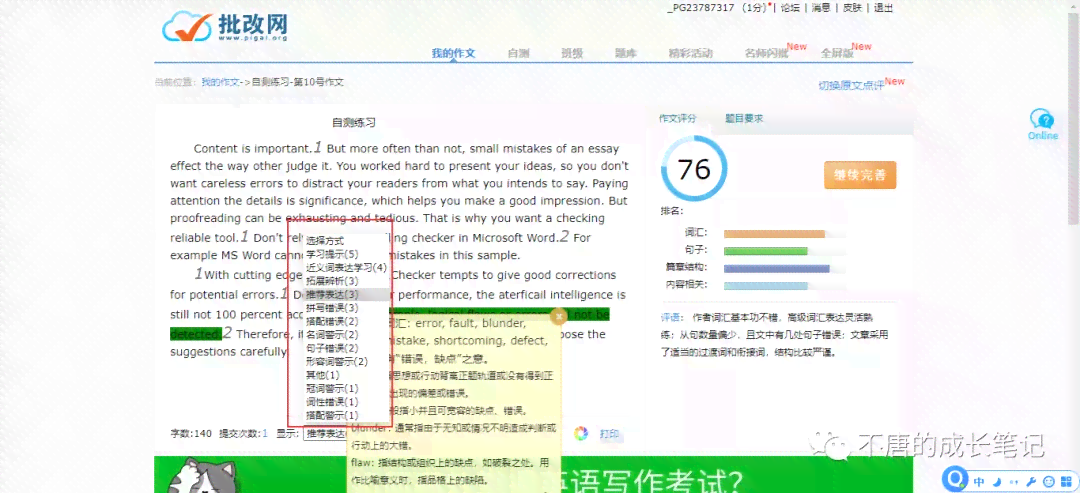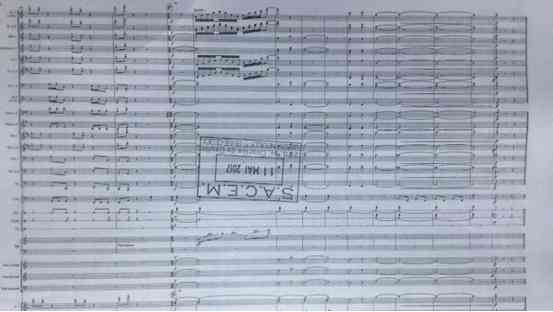ai创作歌曲英文怎么写
In the age of digital innovation, Artificial Intelligence () has transcended boundaries, venturing into the creative realm of music. The notion that can not only assist in music production but also create original songs from scratch is a testament to the rapid advancement in technology. This article delves into the fascinating process of how composes music in English, exploring the nuances and techniques behind this revolutionary roach.
### Introduction
Music has always been a reflection of human emotion, creativity, and culture. However, the landscape of music production has evolved dramatically with the advent of . Today, can analyze vast amounts of musical data, learn from it, and generate original compositions. This has opened up a new horizon in the music industry, where -written songs are becoming increasingly common. But how exactly does go about creating music in English? Let's explore.
### Composing Songs: The Basics
The process of composing songs in English involves several key steps. These steps are designed to ensure that the can understand musical structure, melody, harmony, and rhythm, and ly this knowledge to create coherent and engaging compositions.
#### Understanding the Structure of Songs
The first step in songwriting is understanding the structure of songs. This includes the identification of common song forms such as verse-chorus, AABA, or strophic forms. uses machine learning algorithms to analyze existing songs and identify their structural patterns. By doing so, it learns how to arrange musical elements in a way that is both familiar and ealing to listeners.
#### Analyzing Melody and Harmony
Melody and harmony are the soul of any song. analyzes a vast database of songs to understand the relationship between melody and harmony. It learns how different notes and chords work together to create a coherent and pleasant melody. This analysis is crucial for generating songs that not only sound good but also evoke the desired emotions.
#### Rhythm and Beat Detection


Rhythm is another vital component of music. uses advanced algorithms to detect and analyze the rhythm of existing songs. It learns how different rhythms can be combined to create a dynamic and engaging beat. This knowledge is then lied to generate original rhythms that complement the melody and harmony of the song.
### Composing Songs: The Techniques
Now that we have an overview of the basic steps involved in songwriting, let's delve into the specific techniques that uses to create original compositions in English.

#### Machine Learning Algorithms
Machine learning algorithms are the backbone of songwriting. These algorithms, such as Recurrent Neural Networks (RNNs) and Long Short-Term Memory (LSTM) networks, are trned on vast datasets of musical compositions. They learn to predict the next musical note or chord based on the previous ones, enabling the to generate original musical phrases.
#### Generative Adversarial Networks (GANs)
Generative Adversarial Networks (GANs) are another powerful tool in songwriting. GANs consist of two neural networks: a generator and a discriminator. The generator creates new musical compositions, while the discriminator evaluates these compositions based on their similarity to the trning data. Through this iterative process, GANs can generate highly original and diverse musical compositions.

#### Natural Language Processing (NLP)
Natural Language Processing (NLP) is used to incorporate English lyrics into the songs. uses NLP techniques to analyze the structure and meaning of lyrics, allowing it to generate coherent and contextually relevant lyrics that complement the music.
### Composing Songs: The Challenges


While has made significant strides in songwriting, there are still challenges that need to be addressed.
#### Emotion and Expression
Music is often a medium for expressing emotion and personal experiences. While can generate technically proficient compositions, it may struggle to capture the emotional depth and nuanced expression that human composers bring to their work. This is an area where still has room for improvement.
#### Originality and Plagiarism

Ensuring originality in -composed songs is another challenge. generates music based on existing data, which can sometimes lead to compositions that are too similar to existing songs. This rses concerns about plagiarism and the need for robust mechanisms to ensure the uniqueness of -generated music.
#### Ethical Considerations
The ethical implications of songwriting are also significant. Questions about ownership, credit, and compensation arise when is involved in creating music. These issues need to be addressed to ensure a fr and equitable music industry.
### Conclusion

The advent of in music composition has opened up exciting new possibilities in the music industry. 's ability to analyze, learn, and generate original songs in English is a testament to the power of technology. While there are challenges to be overcome, the potential for to enhance and transform music creation is immense. As we continue to explore the capabilities of in songwriting, we can expect to see even more innovative and groundbreaking compositions that push the boundaries of musical expression.
ai创作歌曲英文怎么写
编辑:ai知识-合作伙伴
本文链接:http://www.tsxnews.com.cn/2024falv/aizhishi/448276.html
上一篇:ai输入两个字文案怎么做
下一篇:母女AI文案
① 凡本网注明"来源:"的所有作品,版权均属于,未经本网授权不得转载、摘编或利用其它方式使用上述作品。已经本网授权使用作品的,应在授权范围内使用,并注明"来源:XX"。违反上述声明者,本网将追究其相关法律责任。
② 凡本网注明"来源:xxx(非)"的作品,均转载自其它媒体,转载目的在于传递更多信息,并不代表本网赞同其观点和对其真实性负责。
③ 如因作品内容、版权和其它问题需要同本网联系的,请在30日内进行。




